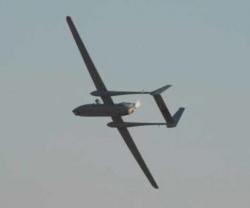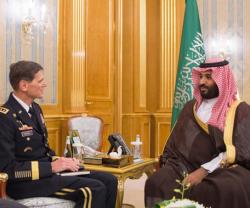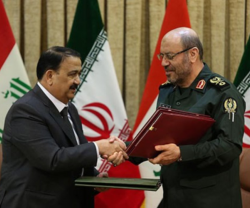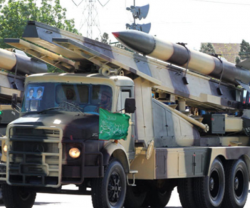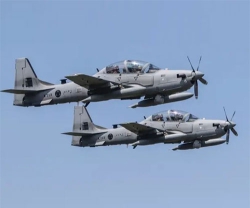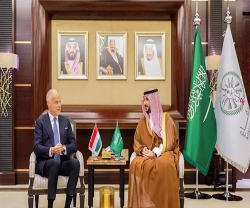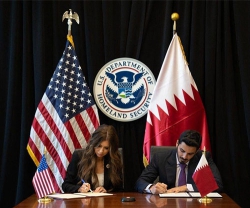"Our interest is in safe and secure maritime passage for ships transiting the Strait of Hormuz. That is our desire," said Pentagon Spokesman George Little.
"No one in this government seeks confrontation over the Strait of Hormuz. It is important to lower the temperature."
The US military earlier on Tuesday said it would keep sending aircraft carrier strike groups through the Gulf for “regularly scheduled movements” and in accordance with international law.
Meanwhile, Iran's Navy Chief said on Tuesday there was no need for the presence of foreign forces to maintain security in the Gulf.
“We can maintain the security in the Gulf and there is no need for the presence of foreign forces ... Iran acts based on international law and foreign troops cannot be present in our territorial waters,” Habibollah Sayyari told Iran's Al-Alam state television.
Sayyari's comments followed a warning from Army Chief Ataollah Salehi that Iran will take action if a US aircraft carrier which left the area because of Iranian naval exercises returns to the Gulf.
“Iran will not repeat its warning ... the enemy's carrier has been moved to the Sea of Oman because of our drill. I recommend and emphasize to the American carrier not to return to the Persian Gulf,” Salehi told IRNA.
“I advise, recommend and warn them (the Americans) over the return of this carrier to the Persian Gulf because we are not in the habit of warning more than once,” the semi-official Fars news agency quoted Salehi as saying.
Salehi did not name the aircraft carrier or give details of the action Iran might take if it returned.
Iran also said it had no intention of closing the Strait of Hormuz but had carried out “mock” exercises on shutting the strategic waterway.
Source: Reuters; Al-Alam TV; IRNA; Fars


